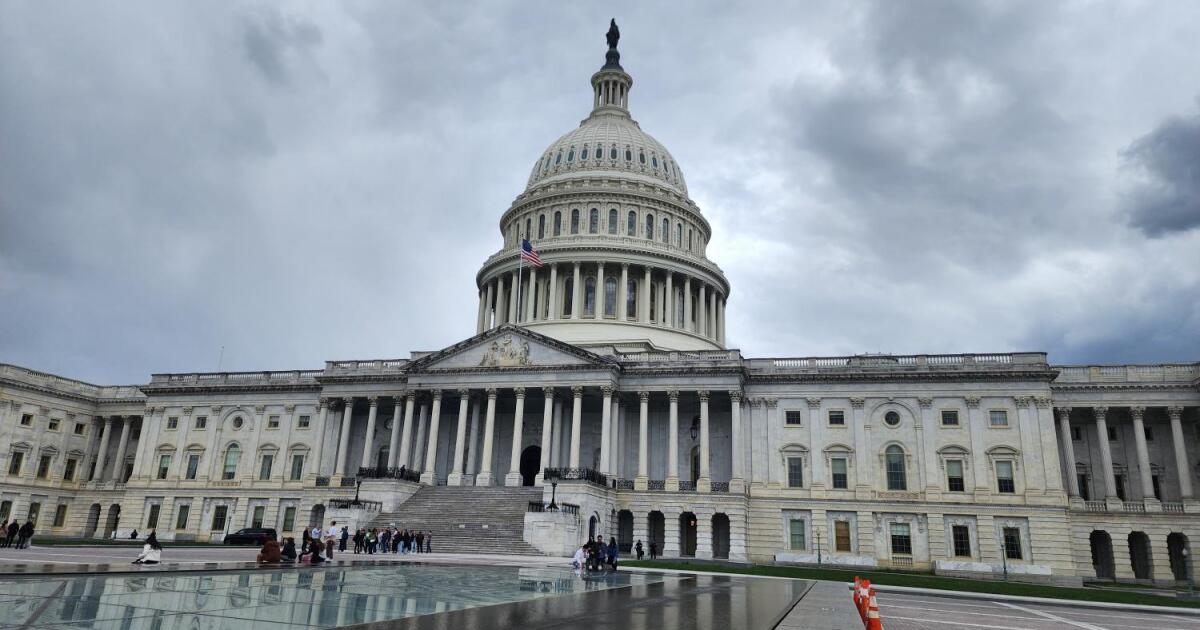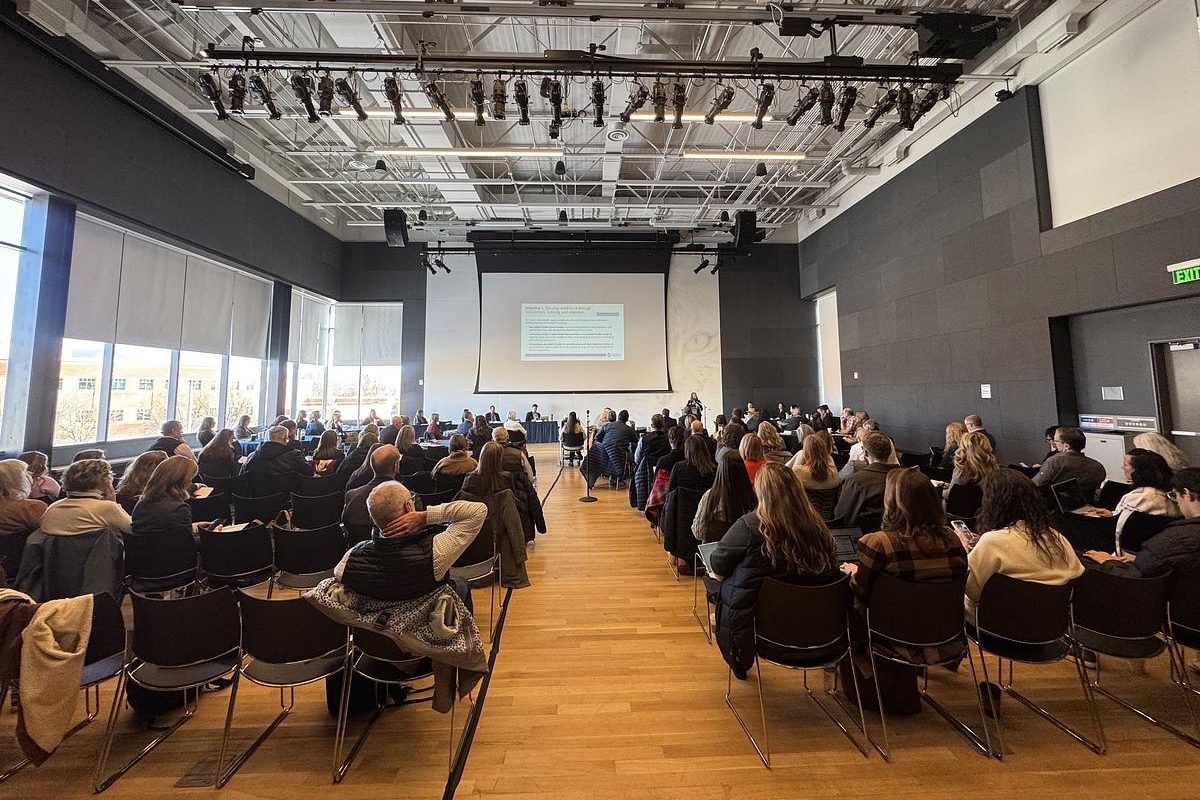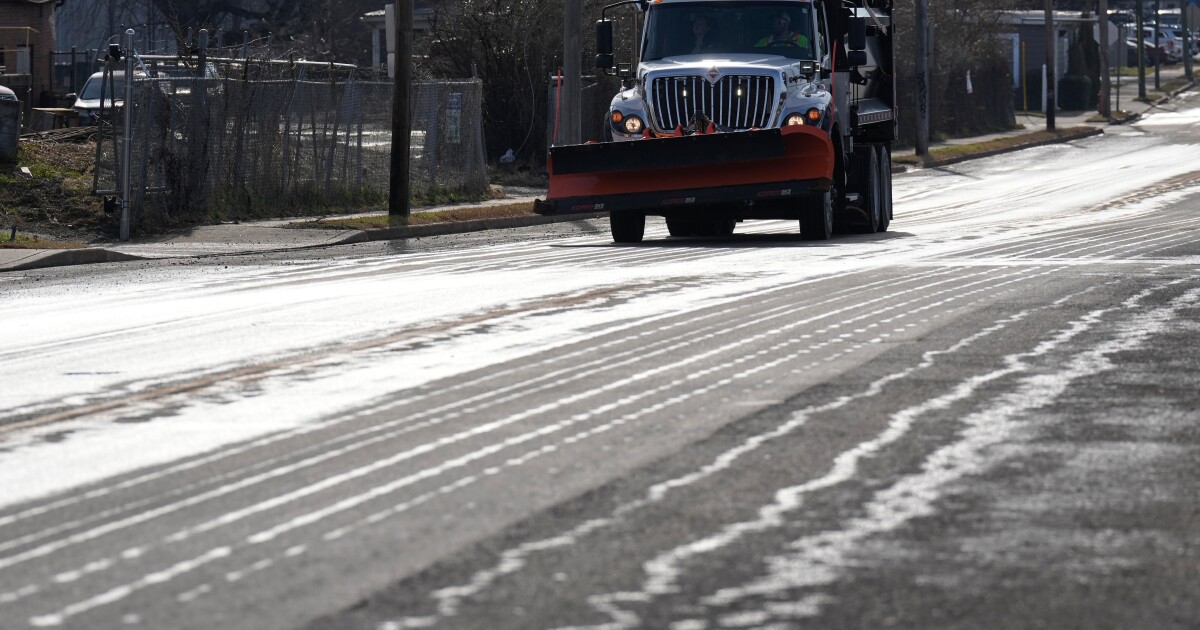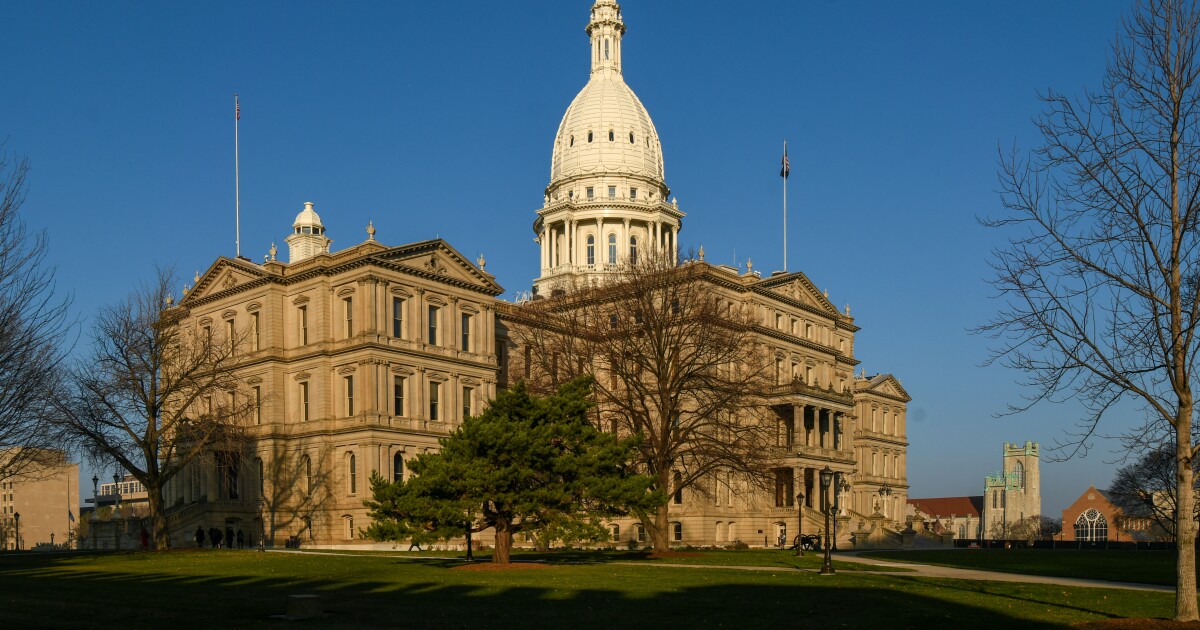Despite Michigan’s strides in water safety post-Flint crisis, a significant gap remains in providing clean water to the state’s mobile home residents. This issue is not unique to Michigan; it’s a nationwide problem. According to an Associated Press report, over half of U.S. mobile home parks have breached federal drinking water regulations in the last five years, with 41% repeating such violations.
Challenges in Mobile Home Parks
Mobile home residents face unique challenges due to the nature of their housing arrangements. Esther Sullivan, a sociology associate professor at the University of Colorado, Denver, highlights that these residents typically own their homes but rent the land. This dependency leaves them reliant on landlords for essential services like water and sewer systems. Sullivan notes that landlords often minimize investment in infrastructure, particularly in older parks from the 1970s and 1980s, leading to declining conditions.
John Lindley, president of the Michigan Manufactured Housing Association, points out that many mobile home parks in Michigan are operating at full capacity and experiencing rising utility costs. Sullivan observes a trend of corporate consolidation in manufactured home communities, driven by their potential for passive income. However, this trend often leads to increased lot rents, diminishing affordability and displacing residents.
Regulation and Compliance Issues
Enforcing compliance with safe drinking water standards is a complex challenge, particularly with unlicensed parks. Sullivan estimates over 100 unlicensed mobile home parks exist in Michigan alone. Even among licensed parks, about half have unclear or out-of-state ownership, complicating issue reporting for residents.
Michigan Senator John Cherry emphasizes the difficulty in prosecuting non-compliant parks due to resource constraints. Efforts are underway to enhance law enforcement capabilities, including proposed legislation to grant the Michigan Department of Environment, Great Lakes, and Energy (EGLE) more oversight, particularly over customer site piping.
Lindley stresses the necessity of enforcing existing regulations, stating, “Everybody in the state of Michigan deserves access to clean drinking water.” This sentiment is backed by recent legal actions against non-compliant park owners like North Morris Estates, which was charged with operating without a license and failing to provide safe water.
Water Safety Concerns
The Environmental Protection Agency reports that up to 70% of private water systems in mobile home parks violated safe drinking water rules. Residents in these communities often resort to buying bottled water or filters, adding financial burdens and stress due to unreliable water quality. Sullivan highlights the dual issues of water quality and reliability, with some residents experiencing prolonged water shut-offs.
Efforts to improve the situation include creating a comprehensive database of Michigan’s manufactured housing communities to increase transparency and accountability. Cherry underscores the importance of stricter licensing standards and enforceable regulations to protect residents’ access to safe and reliable water.
—
Read More Michigan News










